Protein Supplements For Improving Your Athletic Endurance
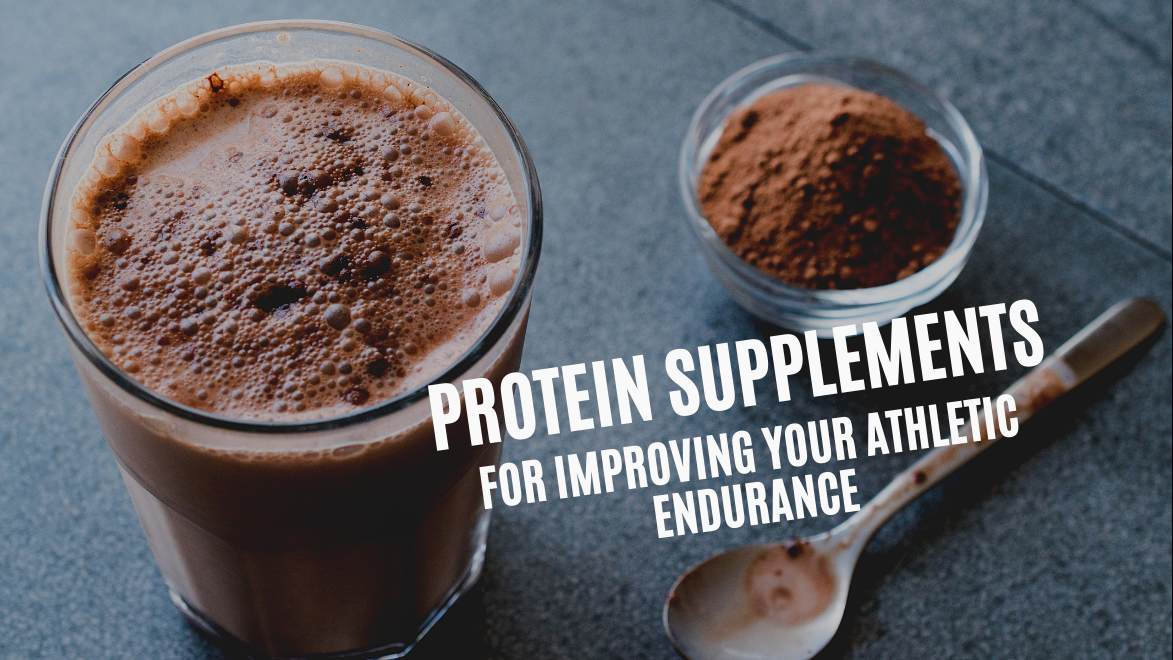
Exercising purely for health and exercising to improve your athletic endurance and reach your fitness goals seem to be two different things. If you want to stay healthy, you can’t push yourself too much. If you push yourself too much, you won’t be healthy. Though this is a common opinion among many who are just getting into the world of fitness, it’s almost entirely wrong. There is a way to push yourself, progress your body, but not use dangerous chemicals to get results.
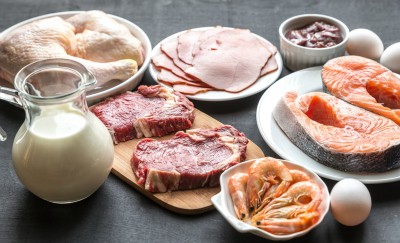
You can exercise for both health and body improvement, all thanks to a little thing called “supplements”.
If you search Google, you'll find we have a lot of questions about protein and supplementation. Just a few which we will try to address in this article include:
- are protein supplements necessary?
- are protein supplements healthy?
- are protein supplements safe?
- are protein supplements worth it?
- how protein supplements work?
- what protein supplements should I take?
- how do protein supplements work?
- when protein supplements should be taken?
- what protein supplements should I take?
- who needs protein supplements?
- why protein supplements may be bad for you?
- will protein supplements make me gain weight?
- will protein supplements make you fat?
- will protein supplements increase muscle mass?
- and many more...
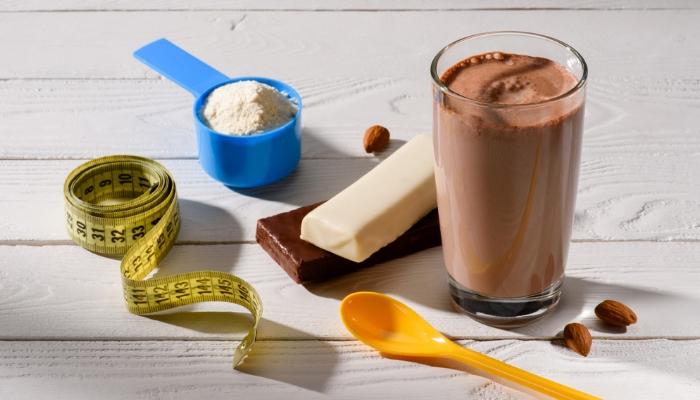
Supplements can help boost your body and fuel it enough to help you nail your workout. They stop muscle straining and can even prevent muscle tear. Of course, the effects all depend on the type of supplement you’re using. When it comes to protein powder, in particular, it’s usually associated with weightlifting and bodybuilding. What most people don’t realize is that protein is essential for athletic endurance.
How does protein work?
So, protein isn’t good for just bodybuilding and weightlifting. It has a key role in improving athletic endurance. If you want to exercise for a long period of time, you definitely won’t be able to do it without enough protein.
This is because, after around two hours of exercise, the body starts tapping into different sources of energy. The first thing the body turns to for energy is protein. Ingesting just glucose during your training session will cause the body to look for other places to obtain the protein it needs. The only choice it has will be your muscles.
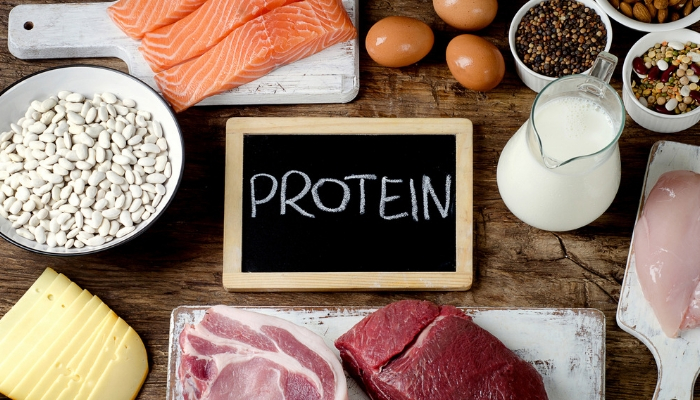
Instead of gaining muscle mass, you’ll be experiencing lean muscle catabolism. During this process, lean muscles tear and deteriorate. As anyone informed enough will tell you, lean muscles are especially important and needed for improving performance. Otherwise known as muscle cannibalization, this process also affects your recovery time negatively and leads to quicker fatigue. Thus, we can conclude that ingesting enough protein is an absolute must when it comes to improving body performance.
What types of protein supplements are there?
The term “protein supplements” usually refers to protein powder. However, there are multiple types of protein powder. The difference between them is just how common they are, and which people can use them according to their dietary preferences.
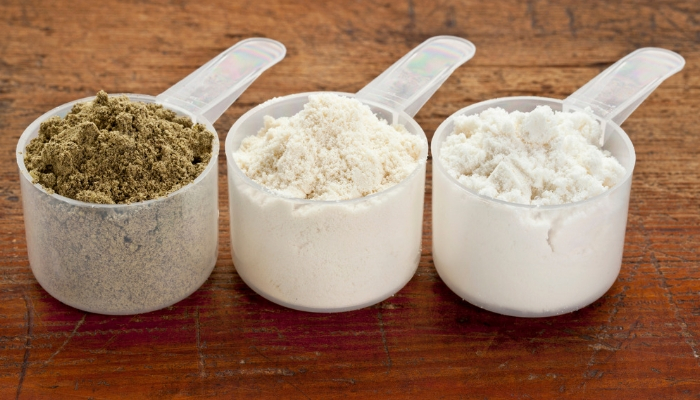
The most common type of protein powder is whey protein. Whey is classified as a complete protein, as it contains all of the amino acids that the human body needs from food. It is also commonly known as water-soluble milk protein. Your body will have no trouble absorbing or processing whey protein.
Casein protein is the second most famous type. Being rich in glutamine, it is excellent for speeding up muscle recovery after exercise, which is why most athletes use it. Casein comes from dairy, which is why people who avoid dairy or are allergic to it shouldn’t use it. You should also know that the body digests casein more slowly, so it’s advisable to take it at night for best results.
Next, we move on to non-dairy based proteins, making them perfect for vegans and those who are lactose intolerant. First on the list is soy protein , which is the perfect substitute for casein or whey as it contains all of the needed amino acids.
Then, we have to mention the pea protein
, which is a plant-based protein. It is considered to be a high-quality alternative to both dairy and to soy. It is the best source of the amino acid arginine.
Finally, we come to the hemp protein. It’s made of hemp seeds and is a complete protein. It’s also very rich in fatty acids. Both of these are perfect for those allergic to soy and dairy, as well as for vegans.
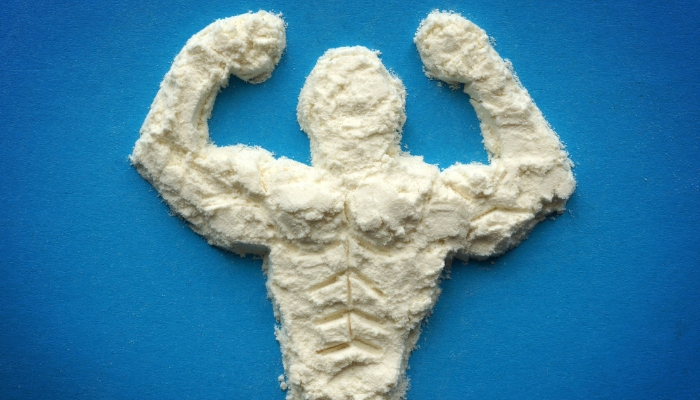
Whichever type of protein you decide to use, remember that they’ll all help you achieve your goal and improve your athletic endurance.
How much protein do you need?
When you’ve never used protein before, it’s easy to overestimate the amount you need. In the same respect, it’s easy to underestimate the amount as well. Too much or too little won’t do you any good, though. It’s important to know what you’re dealing with.
To establish how much protein you need when you’re trying to improve your athletic endurance, you need to calculate how much you need in normal circumstances first. Normal circumstances imply no training or light exercise. Most active individuals need between 12 and 15 percent of calories to come from protein.
When you’re putting your body under extensive stress and training it on a daily basis, you need much more. Protein should make up to fifteen to twenty percent of your daily consumption of calories in this scenario. The best way to establish how much exactly you need is to base the number on the amount of damage caused by hard training.

You can easily know how much your muscles are damaged by the soreness you experience after working out. There is a simple formula to calculate how much protein you need.
So, if we’re talking about moderate training, the number would be .45 grams per pound. Heavy training should count between .5 and .75 grams per pound. Finally, make sure your very heavy training sessions are followed by .8 to .9 grams of protein per pound.
When should you take a protein supplement?
Now that you’ve figured out your optimal amount of protein, it’s time to pay attention to another aspect. The timing is as important as the amount. After all, you need to make sure the protein is working with your digestive system and helping your body reach optimal results. You won’t achieve anything if the protein is absorbed at the wrong time.
When it comes to high-intensity sessions, you should aim to take between ten and twenty grams of protein one hour before you plan on working out. Protein can only be efficient fuel for endurance training if you ingest it when you’re supposed to. This is why it’s advisable to have a fixed workout schedule, so you always know when it’s time for your protein intake and so you can always have your protein powder handy.

As well as the crucial hour before exercising, you should mix protein with some carbohydrates in the span of thirty minutes after working out. This way, you’ll get the most efficient results as protein works excellently with carbohydrates.
The goal to keep in mind here is to achieve a positive balance. This means that your protein intake should meet all the requirements of your body for it to function normally. As well as that, you need to ingest enough protein to generate synthesis for new muscle tissue. Improved endurance and muscle growth can’t appear if muscle protein breakdown exceeds muscle protein synthesis. In other words, you need to counter your body’s urge to take away from your muscles by supplying it with adequate fuel at optimal intervals.
Should you ingest protein during workouts?
It was mentioned that protein should be consumed before and after exercise, but what about during? Does it make a difference and help your body if you ingest protein while you exercise, too?
An experienced athlete will generally experience glycogen depletion after around ninety minutes of exercise. When this happens, muscle cannibalization starts. To remind you, muscle cannibalization means that your body will be tapping into the protein in your muscles for energy supply. This leads to muscle damage and tearing, which is why the aforementioned positive balance is very important. This is why you should have a fueling plan for your workouts.
In other words, this is why protein ingestion during long workouts is essential.
When you hit the two-hour mark, you can expect that around fifteen percent of your calorie burn can come from protein. If you don’t continue to introduce protein while working out, your body will continue to rob your muscles of the amino acids that help build them. If that happens, you’ll be much sorer after working out and have a much harder time preparing for your next endurance session.
Keep in mind that glycogen is key
when it comes to ingestion during exercise. If you’ve only now started with endurance training and protein, you should be careful with the amount you ingest during exercise. It’s safest to start experimenting with small amounts of protein during exercise. This way, you won’t overdo it, but you also won’t let your body tap into your muscles.
You can’t and won’t have any success without adding protein to your exercise regime. Make sure to have a carefully calculated protein shake with you during your long sessions, as you will need it often. You’ll be able to experiment with those smaller amounts more easily, too.

Can protein be used for something other than increasing endurance?
As it was mentioned above, protein is usually associated with weightlifting and bodybuilding. This leads us to the conclusion that protein can also be used for muscle growth. If you’re doing strength training and want to bulk up, you should definitely add protein powder to your diet.
Saying that protein builds muscle isn’t just a belief, it’s a fact backed up by science. Many types of research have been conducted and all have come to the same realization. Numerous studies also show that protein increases muscle growth in healthy adults if they do resistance exercise training. For example, if they lift weights.
Regardless of if you’re male or female, protein is going to help you build muscle. Even though muscle growth doesn’t depend on gender, it does depend on age. As we grow older, the effectiveness can decrease. This can be explained by the fact that more mature adults have higher protein requirements than younger people.
Athletes also need to be aware that ingesting more protein than their calculated needs won’t help them build more muscle.
As well as building muscle, protein is essential for muscle recovery. Your muscles are bound to suffer some damage after high intensity work out sessions, and protein can help rebuild them. It’s great for speeding up the healing process and recovering from soreness. Taking protein supplements after exercise can greatly reduce muscle damage, improve performance, and improve muscle protein synthesis.

How do you ingest protein powder?
Most people who have never used supplements before don’t know how protein powder can be ingested. Powder can’t be ingested on its own. It needs to be mixed with something. Usually, people make protein shakes where they basically just mix the protein with water. Even though this is highly effective, it can lead many to stop using protein powder after a while because they can’t deal with the taste.
This is why it’s important to get creative. You can come up with easy smoothie recipes where you can add the amount of protein that you need. They can be filled with fruit, dairy, and various cereals. The key to making a good smoothie is having a good combination of fruit. You want the flavors to match and mask the taste of protein.
Ingesting protein through smoothies can also be a great way of ingesting your daily vitamins and fiber. In some cases, a strong smoothie can serve as a replacement for a meal. If you’re in high intensity and endurance training, it’s generally advisable to use the smoothie as a snack instead of a replacement. You need adequate fuel for all the things you want to accomplish.
Thanks to the internet, there are numerous protein smoothie recipes online. You can choose your ingredients and smoothies based on what you like to eat, as well as on your dietary preferences. Regardless of how limited your diet is, you’ll be able to come by the perfect smoothie.
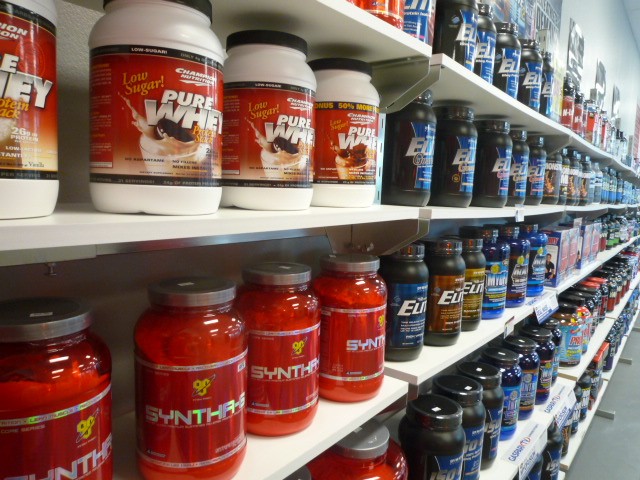
Creatine vs protein: What's the Deal?
Another very common supplement for increasing athletic endurance is creatine monohydrate. This can confuse most people who haven’t used supplements before and leave them wondering if they should use protein or creatine. To decide, you’ll need to be informed about the differences between the two supplements.
Up to now, we’ve been talking about protein, but what is creatine exactly and how does it help and affect you? Simply put, creatine is one of the eight amino acids our bodies use when they get tired. It’s stored in muscle and it helps boost your energy when you most need it. As well as that, creatine has been proven to aid your liver and brain function.
The reason people use it to improve athletic endurance is that creatine is the body’s go-to energy molecule. So, when you train long and hard, these molecules release the energy you need into the muscles. By using creatine, you’ll get more strength and endurance, as well as better agility, and even quicker recovery time.
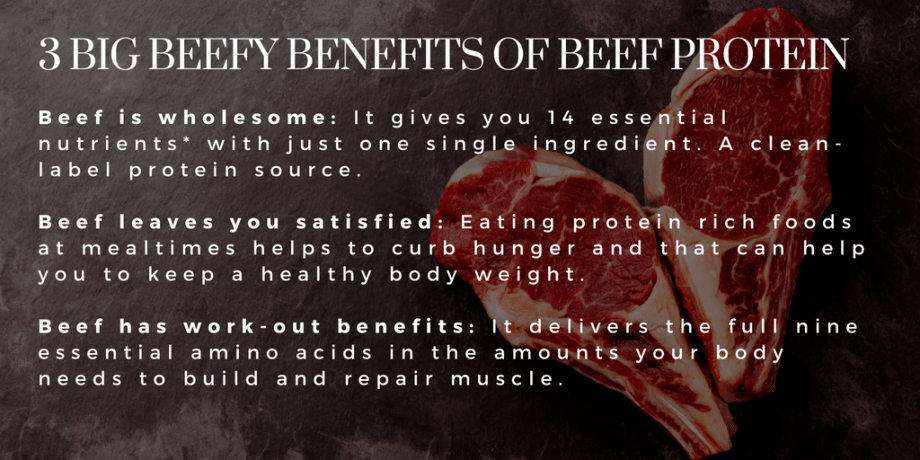
Should you use creatine or protein? The answer is easy: both.
By combining creatine with protein, you’ll be reaching optimal grounds for growth and strength building. As well as that, you’ll ensure your endurance is at an all-time high. Mark that you will actually ingest more creatine if you combine it with monohydrate and protein than if you were just taking it by itself.
In the end, this isn’t a matter of one versus the other because these two supplements build each other up and work best together.
Is using protein supplements always a good idea?
Some people wonder if they really need protein supplements to achieve their full potential. After all, can’t they just get protein from other, more natural sources? Do they even really need protein to improve their endurance? Surely their body has enough, anyway.
These are all misconceptions.
Yes, you can ingest protein through other sources, and you should, but it won’t be enough to improve your athletic performance. Your body definitely doesn’t have enough to support this challenging goal. If you care about your health, you’ll realize that, yes, you do need protein powder.
Regardless of what your diet is, you’ll benefit from protein. Whether you’re gluten-free, paleo, low-carb, or low-fat, you need it. As we’ve already mentioned, there are multiple types of protein, all suitable for different people and their dietary preferences, so you don’t have to miss out regardless of what your diet is like.
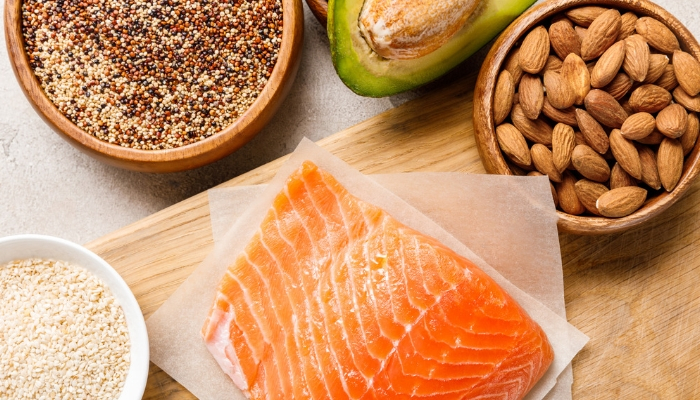
Conclusion
Improving athletic endurance will be hard and will surely require a lot of work. Still, if you aim to bring your body to the brink of perfection, you have to do it responsibly. Protein will help you maintain optimal health while ensuring your body can handle anything you throw at it. No longer will long and strenuous workouts be a problem and no longer will you have to work out in vain. With the addition of supplements, all your fitness dreams will come true in no time.
Author Bio:
Mia Johnson is a writer with a ten-year-long career in journalism, of lately writing for True Protein in Sydney. She has written extensively about health, fitness, and lifestyle. A native to Melbourne, she now lives in Sydney with her 3 dogs where she spends her days writing and taking care of her 900 square feet garden. .




































































































